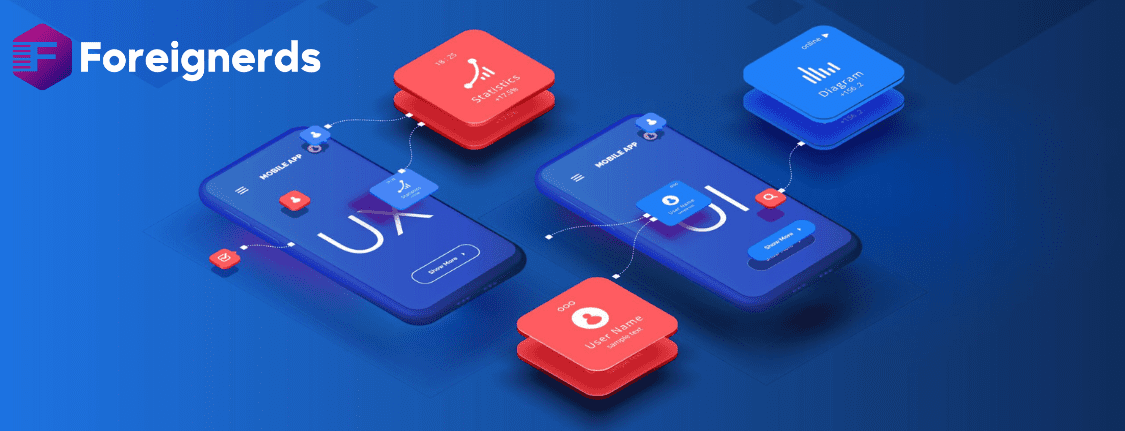- Home
- Design and Development
- Will AI (Artificial Intelligence) replace UX...

In the ever-evolving landscape of technology, the rise of artificial intelligence (AI) is undeniable. While AI is rapidly transforming various industries, the question lingers: Will AI replace the role of User Experience (UX) designers? This guide delves into the future of UX design in the age of AI, examining the symbiotic relationship between these two realms. Here, we’ll explore the fundamental concept of AI, the coexistence of AI and UX designers, the potential ways UX designers can harness AI, and the overall takeaway from this dynamic intersection.
At its core, AI involves the training of computer systems and machines to replicate human-like intelligence. This involves processing extensive data, identifying patterns, and executing actions based on those patterns. AI’s applications are diverse, ranging from automating routine tasks to enhancing existing products through data-driven insights. Familiar examples include AI-powered chatbots handling customer queries and recommendation algorithms tailoring content, such as Siri and Netflix’s algorithms.
As AI gains prominence and automation emerges as a buzzword, concerns about job displacement are natural. PwC’s analysis suggests that up to 30% of jobs might be automated by the mid-2030s. Nonetheless, the World Economic Forum predicts that AI will both eliminate and create jobs, anticipating the creation of 97 million new positions by 2025. Importantly, the impact of AI varies across sectors, sparing jobs requiring human touch and social skills.
The essence of UX design, deeply rooted in human empathy and understanding, renders it resistant to full automation by AI. This role revolves around grasping user pain points, applying insights into human behavior, and collaborating with stakeholders. These facets highlight the innate human touch crucial to effective UX design. While AI will not replace the need for UX designers, it presents opportunities to reshape the design process.
The coexistence of AI and UX designers defines the future landscape. The human-centric nature of UX design, emphasizing empathy and holistic understanding, is irreplaceable by AI. While AI’s role in UX is auxiliary, not adversarial, it undoubtedly presents new avenues for innovation. Aspiring UX designers need not fear AI’s rise; instead, they should embrace its potential to augment their creative processes. The harmonious partnership between AI and human designers is poised to redefine user experiences, underscoring the enduring importance of the human touch in an increasingly automated world.
© 2013 - 2024 Foreignerds. All Rights Reserved